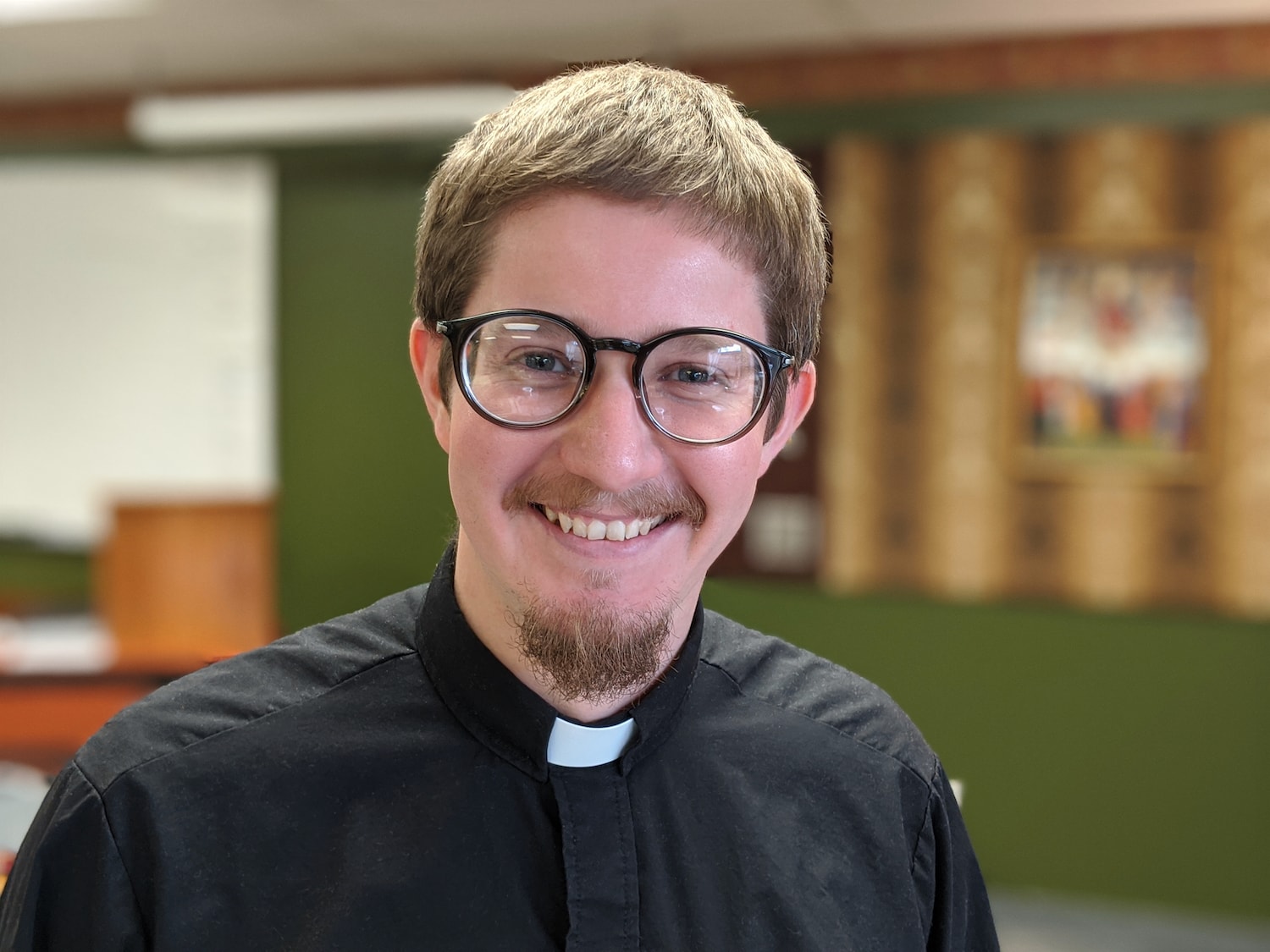This year the students throughout the school will be studying the Middle Ages (about 500-1500 AD). They will hear stories of King Arthur, Charlemagne, and Alfred the Great. They will read great medieval literature, including Beowulf, Sir Gawain and the Green Knight, and selections from the Canterbury Tales. And they will sing “Christ Is the World’s Redeemer” with Columba of Ireland and “Sing, My Tongue, the Glorious Battle” with Venantius Fortunatus. The medieval period has proven a rich era in the history of western civilization, giving shape to our art, music, and language, preserving for us the treasures of the past through scribal work, bequeathing to us many prayers and hymns, and handing down instruction in courtesy and virtue.
We do not look back to this period of history as if studying a people far removed from us. Rather, as we immerse ourselves in the Middle Ages we find ourselves among people who have the same human nature we do, and often faith in the same God whom we trust. We find people who sing and laugh, who sin and weep, who seek grace for the sake of Christ: Christ who has conquered the devil as St. George slew the dragon, Christ who has overcome Satan just like Beowulf tore Grendel’s arm off and sent him away to die.
Throughout this coming school year, I will be including short weekly articles on the Middle Ages in this newsletter. I will share a quote or a story, a poem or a hymn, and my hope is that you’ll learn to love this period of history as much as the students will. Here is a quote from John of Salisbury (1120-1180 AD), the Metalogicon, Book III. He keeps us humble in our pursuits by reminding us that we owe a great debt to those who have come before us:
“Our own generation enjoys the legacy bequeathed to it by that which preceded it. We frequently know more, not because we have moved ahead by our own natural ability, but because we are supported by the strength of others, and possess riches that we have inherited from our forefathers. Bernard of Chartres used to compare us to dwarfs perched on the shoulders of giants. He pointed out that we see more and farther than our predecessors, not because we have keener vision or greater height, but because we are lifted up and borne aloft on their gigantic stature. I readily agree with the foregoing.”
That, in a word, is the wisdom of the Middle Ages: there is no such thing as a self-made man. If a man is something great, it is only because he recognizes how little he really is, gladly receives from the great men who have come before him, and humbly and gratefully builds on their insight. God grant us such humility and wisdom in our day to learn from those who have come before us.
In Christ,
Pastor Richard

